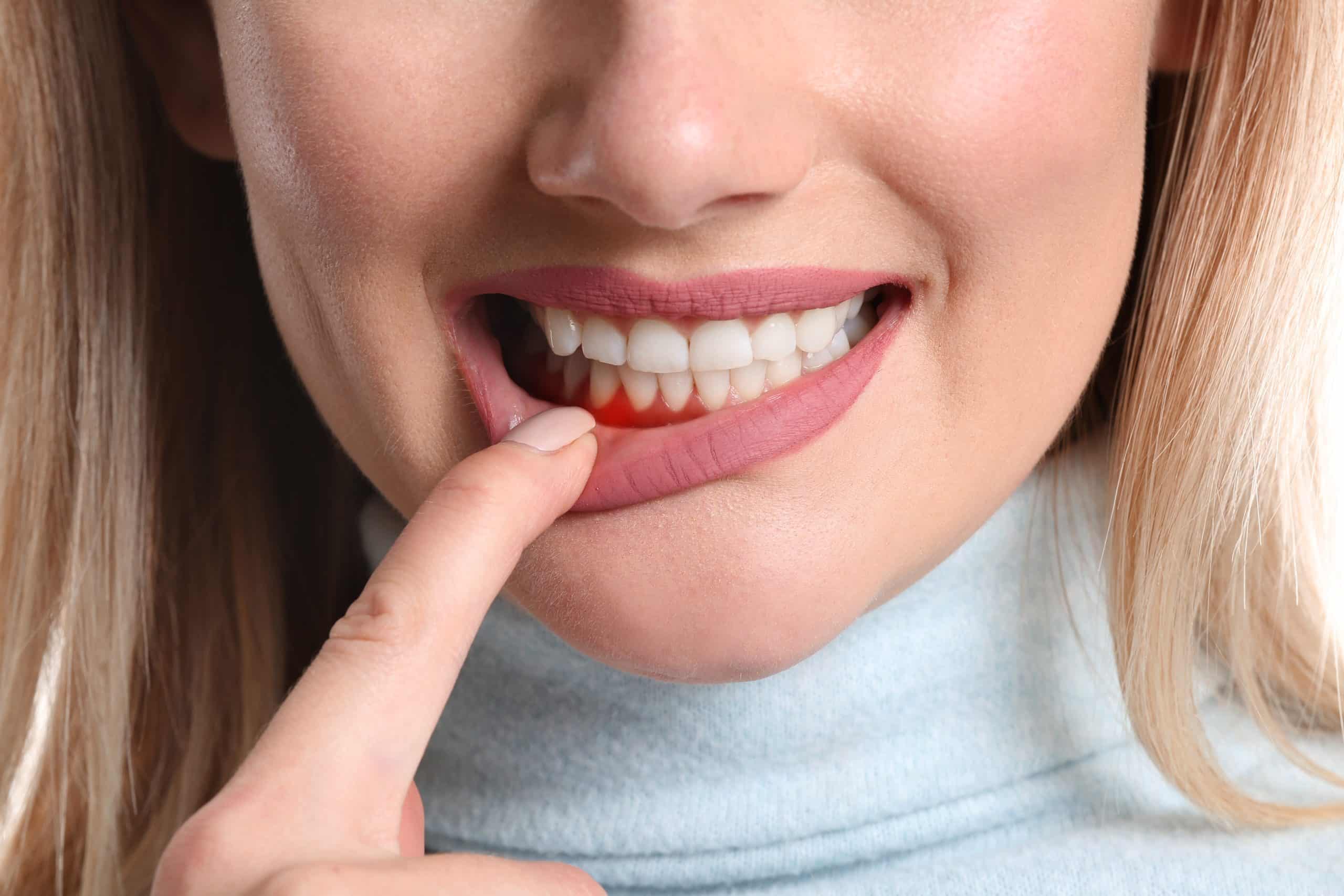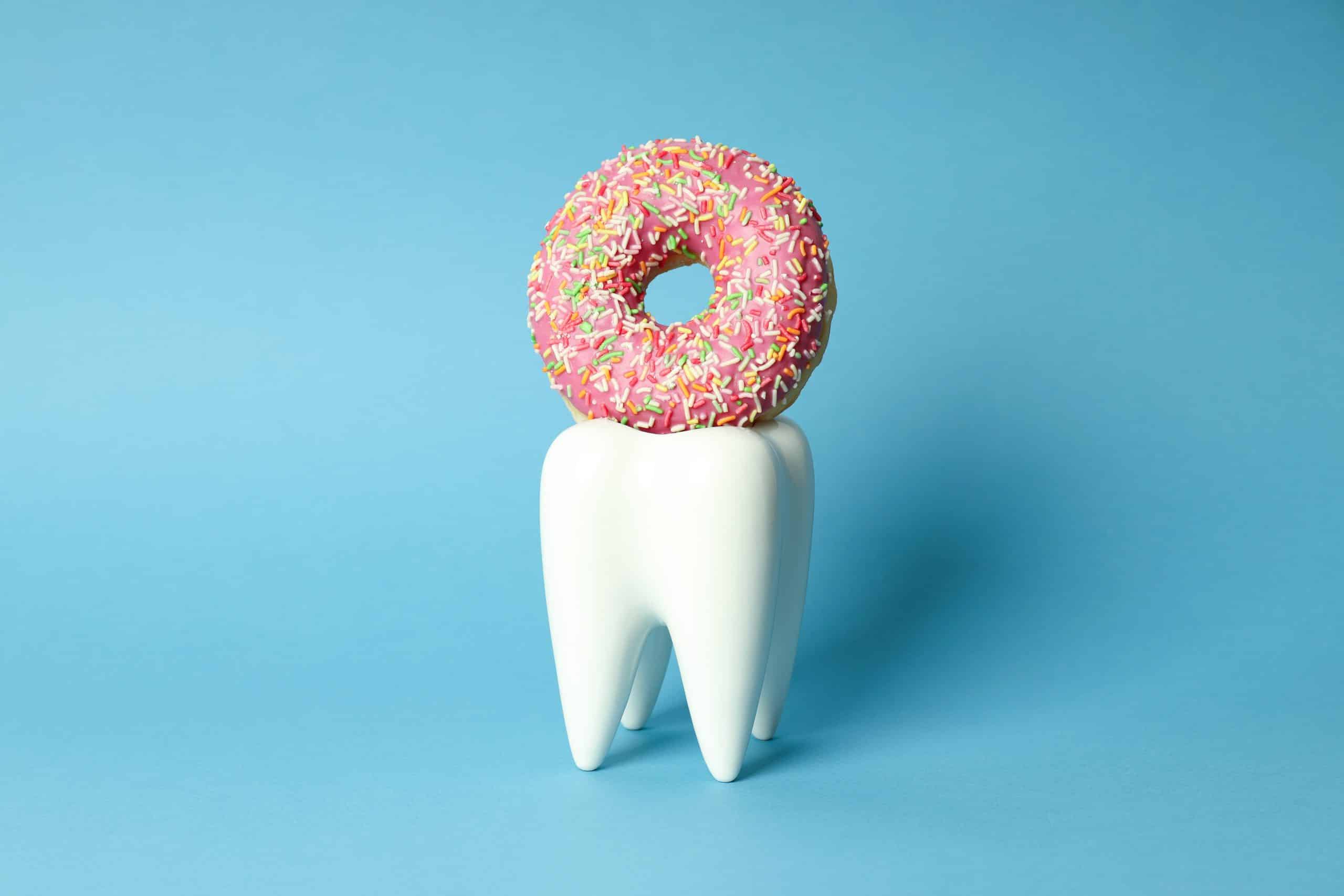Dental disease can be caused by several factors with most related to lifestyle and habits. These are called modifiable risk factors because they can be changed with changes in lifestyles or habits.
Some common causes of dental diseases are an overload of sugar consumption, tobacco and alcohol use, and poor habits related to oral hygiene. Other less obvious causes contribute to dental problems like commercial or social factors. This can include using or overusing unsafe teeth whitening products, putting unnecessary dental accessories in your mouth or on your teeth, and a lack of access to dental care.

Around 3.5 billion people worldwide are affected by some type of oral disease according to the 2022 Global Oral Health Status Report produced by the World Health Organization (WHO). Most of those affected live in middle-income countries and that demonstrates that an inability to pay for standard dental care could be part of the problem.
The report shows that 2 billion people have cavities of permanent teeth and around 514 million children have cavities in their primary teeth.
Around 3.5 billion people worldwide are affected by some type of oral disease according to the 2022 Global Oral Health Status Report produced by the World Health Organization (WHO). Most of those affected live in middle-income countries and that demonstrates that an inability to pay for standard dental care could be part of the problem.
The report shows that 2 billion people have cavities of permanent teeth and around 514 million children have cavities in their primary teeth.
Sugar, Sugar Everywhere
One of the biggest problems for those in the dental industry today is dealing with the effects of sugar. This goes beyond candy and drinks like sodas and boxed fruit juices. Practically every pre-packaged food sold in stores has sugar. This not only has affected oral care but also medical care as more people are developing diabetes today than in the past.
Cavities happen when the tooth’s surface becomes covered in plaque and the plaque converts to sugar, both processed and natural sugars found in things like fruits, into acids. The acids will eventually cause tooth decay.
The combination of high sugar consumption, a lack of access to dentists for teeth cleaning and exams, and sometimes a lack of fluoride or proper toothbrushing and flossing, will lead to both cavities and tooth loss.

There is also a problem of a lack of nutritional diets. Many people eat processed foods as a matter of convenience and these foods lack much nutritional value. Changing your diet to eat more things like vegetables, fibrous fruits and proteins will do wonders to ward off oral diseases.
Interestingly, anthropologists studying skeletons from ancient peoples like the Yamnaya people found that they had good teeth at death with a little disease. This is surprising because they didn’t have dentists or regular dental care.
The reason scientists determined they had good teeth is because of their diet. ‘They were the first people to drink milk and eat cheese, ate little grain, and filled up their diets with high-protein foods and vegetables. We can take a lesson from these ancient people.
Tobacco and Alcohol Use
Smoking or chewing tobacco and drinking alcohol consistently will ruin your teeth. Both can cause other severe problems too.
Smokers subject themselves to a higher risk for things like oral cancer, gum disease, and tooth loss. Smokers also have more decay at their teeth’s roots as well as more complications after oral surgery and tooth removal.
Between 60 to 70 percent of those who chew tobacco have some type of oral lesion. Most develop these lesions within the first three years of using smokeless tobacco. Dip causes tooth decay, gum disease, and tooth loss. It will ruin your teeth.

Many people like a drink like wine, beer, or a mixed drink ever now and again. That is fine but those who consume alcohol regularly will find it will have a negative effect on their teeth.
The reasoning is simple. Alcohol dries out the mouth and reduces saliva flow. A dry mouth increases tooth decay and gum disease. Saliva helps to wash away bacteria so bacteria will grow when your saliva is reduced.
A dry mouth will have more plaque and tarter, which is how bacteria develops and grows. Bacteria cling to tooth enamel when you are dehydrated or have a regular dry mouth. “That increases your chances of developing tooth decay.
Poor Hygiene Habits
Many people get offended when a dentist suggests they can improve their oral hygiene habits. People associate bad oral hygiene with the uneducated, perhaps living in poverty or on the streets. You should look at the subject with fresh eyes to improve oral hygiene habits.
While most people brush their teeth the recommended twice a day, some don’t use proper toothbrushes that work well or maybe use a cheaper toothpaste that isn’t approved by the American Dental Association. After all, everyone wants to save money and some don’t see a difference in these products.
However, using a good high-quality toothbrush and a well-recognized toothpaste can help protect your teeth. The toothbrush should be able to reach into most areas of your mouth and have a soft bristle. The toothpaste should have fluoride.
People often make the mistake of quickly brushing their teeth because they are on the go but you should take more time with it. Make sure to brush all areas of the mouth in a circular motion and along the gumline.
Follow up your teeth brushing with flossing and then rinse out your mouth with a good bacteria-fighting mouth rinse. This will go a long way to preventing plaque and tartar.
The main area of oral hygiene problems is in making and keeping regular dental appointments. Everyone should visit their dentist twice a year for an exam and teeth cleaning. This is important to oral health but many don’t see it that way. They see dental care as a luxury or something extra in their medical habits they do if they get time and money.
Then, there’s the additional problem of access to quality dental care. There are a lot of people who don’t have dental insurance as part of a benefit plan or whose co-payments are so high they decide it isn’t worth the effort. This means fewer dental visits and that can lead to more oral diseases as time goes on.
There are always ways all of us can improve our oral health. Eating more nutritious foods that you cook instead of getting processed foods, stopping some bad habits, and going to the dentist regularly will help maintain your oral health.

